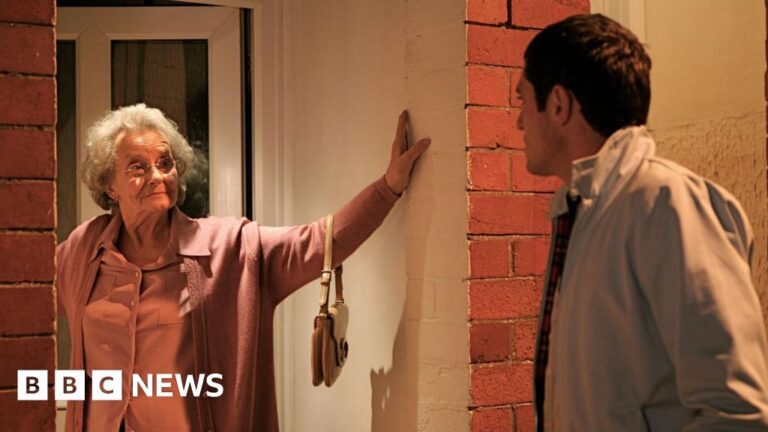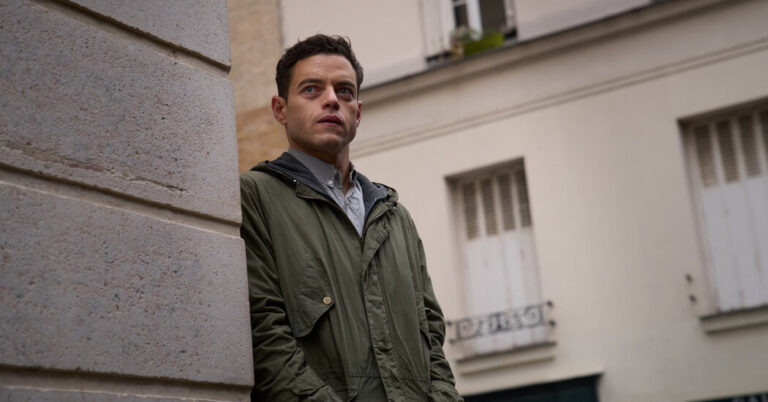The US Supreme Court has rejected an attempt to revive the long-running copyright trial over Ed Sheeran’s hit song Thinking Out Loud. The court refused to hear an appeal from Structured Asset Sales, which claimed Sheeran’s song copied Marvin Gaye’s Let’s Get It On, in which it has a copyright interest. The move ends a decade-long legal battle, including two separate plagiarism trials, both of which ruled in Sheeran’s favour.
“It’s a huge relief,” said Amy Wadge, who co-wrote Thinking Out Loud with Sheeran in 2014. “It’s been rolling news under my life for 10 years but, yes, it’s done.” Wadge spoke to BBC Radio 4’s Today programme, saying the copyright trials had “haunted” her for the last 10 years.
Thinking Out Loud is one of the biggest songs of Sheeran’s career, spending more than two years in the UK singles chart and racking up 4.8 million sales in the UK. It won song of the year at the 2016 Grammy Awards. Marvin Gaye’s boudoir ballad, which was a number one hit in the US, was co-written with singer-songwriter Ed Townsend, who died in 2003.
Townsend’s family first accused Sheeran and Wadge of copyright infringement in 2016, seeking $100m in damages. In court, Sheeran’s team accepted that the two songs share a similar syncopated chord pattern, but characterised the chords as the “building blocks” of pop music, which had been used in dozens of songs before and since Let’s Get It On was recorded in 1973.
A New York jury ruled in Sheeran’s favour in 2023, after which the star spoke about his decision to fight the case in court, rather than settle. “I am not and will never allow myself to be a piggy bank for anyone to shake,” he told reporters. SAS, which was founded and run by investment banker David Pullman, also has a stake in Townsend’s copyright, and sued Sheeran and Wadge separately in 2018.
After losing that case, SAS launched a series of appeals, including demands for a re-hearing, which was denied. SAS was then left with the option of appealing to the Supreme Court, which it did in March. But the court agreed with earlier findings that the chord progression and harmonic rhythms in Gaye’s song are too commonplace to be legally protected.
Wadge said the ruling had ended “10 long years” of uncertainty. “It was certainly a financial threat, but there was also… this huge existential threat of what it meant for the world of songwriting I always felt the weight of that. People would tell me that everyone was looking at this case and I knew that had SAS been successful it really would have caused a huge issue for creativity in general,” she added. “It was a big responsibility.”
After the 2023 trial, Wadge and Sheeran both got tattoos containing a phrase from the judge’s verdict: “Independently created”. Asked if she would do the same again, Wadge laughed, saying: “My husband might have a bit of a problem with another tattoo.” The songwriter added that she hasn’t been able to speak to Sheeran since the verdict, as he’s currently on tour in Europe, but she added: “I’m quite sure at some point we’ll be able to sit down and say, ‘Thank goodness’.”
Source link




